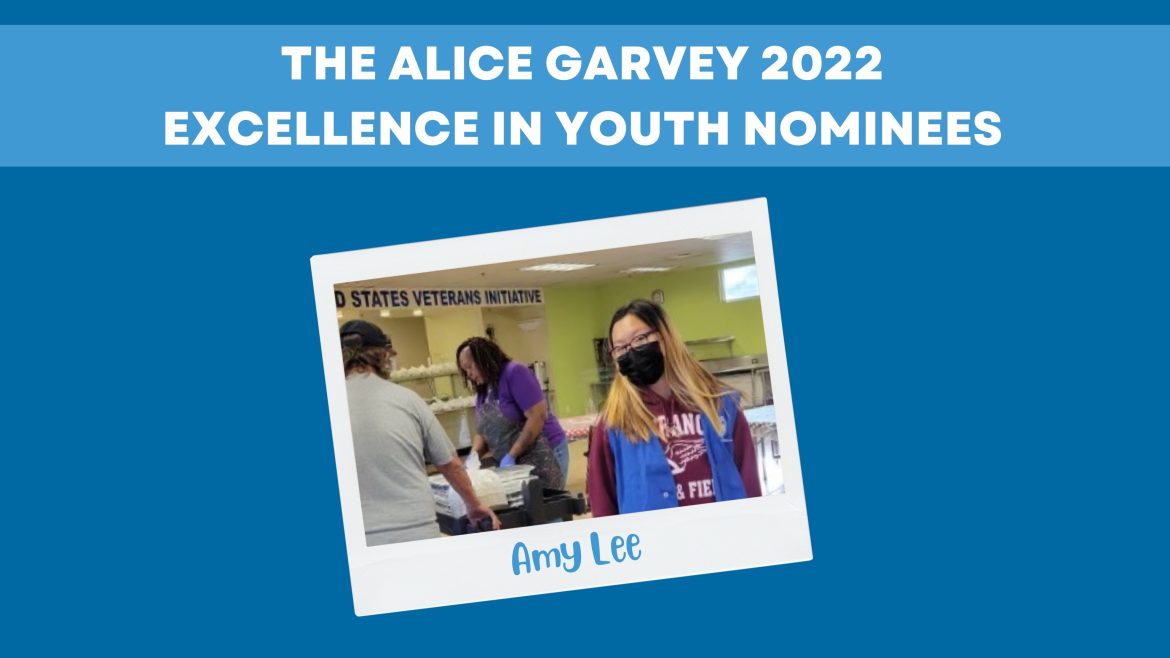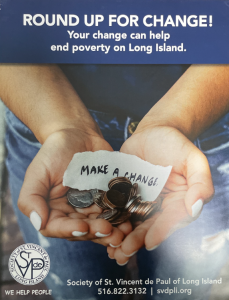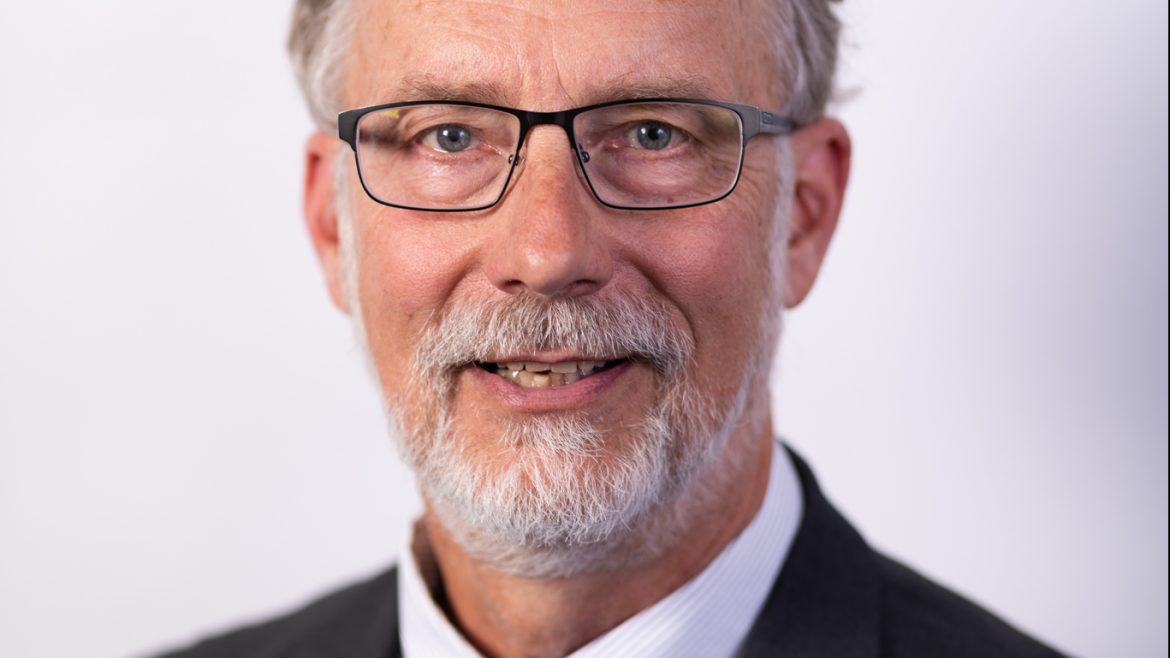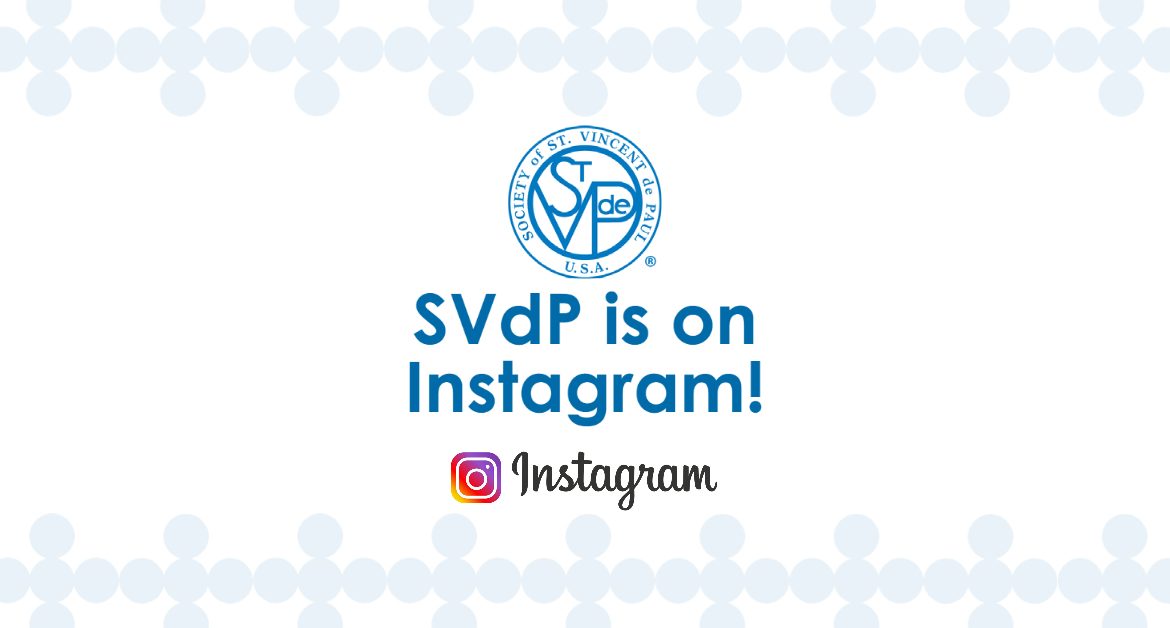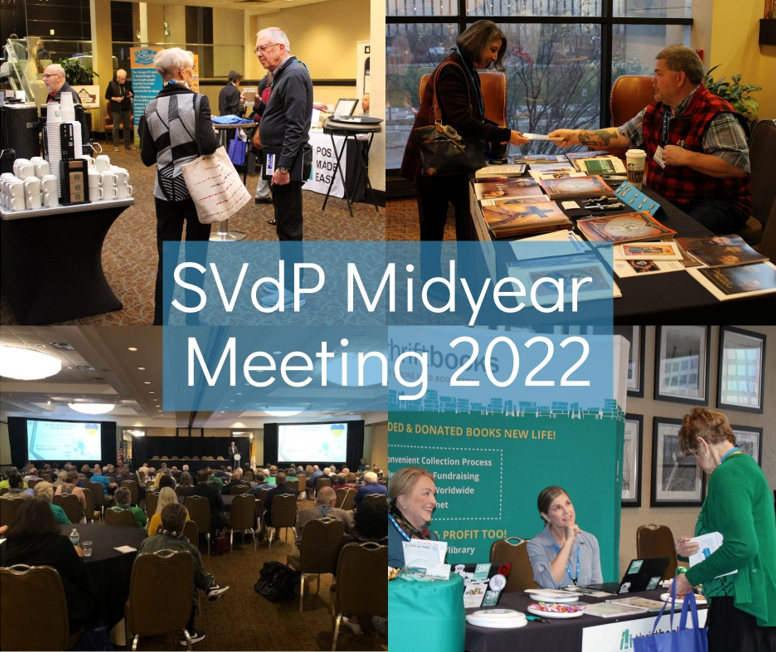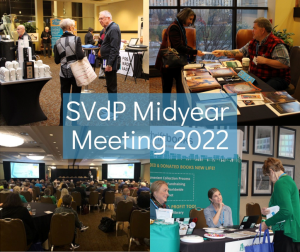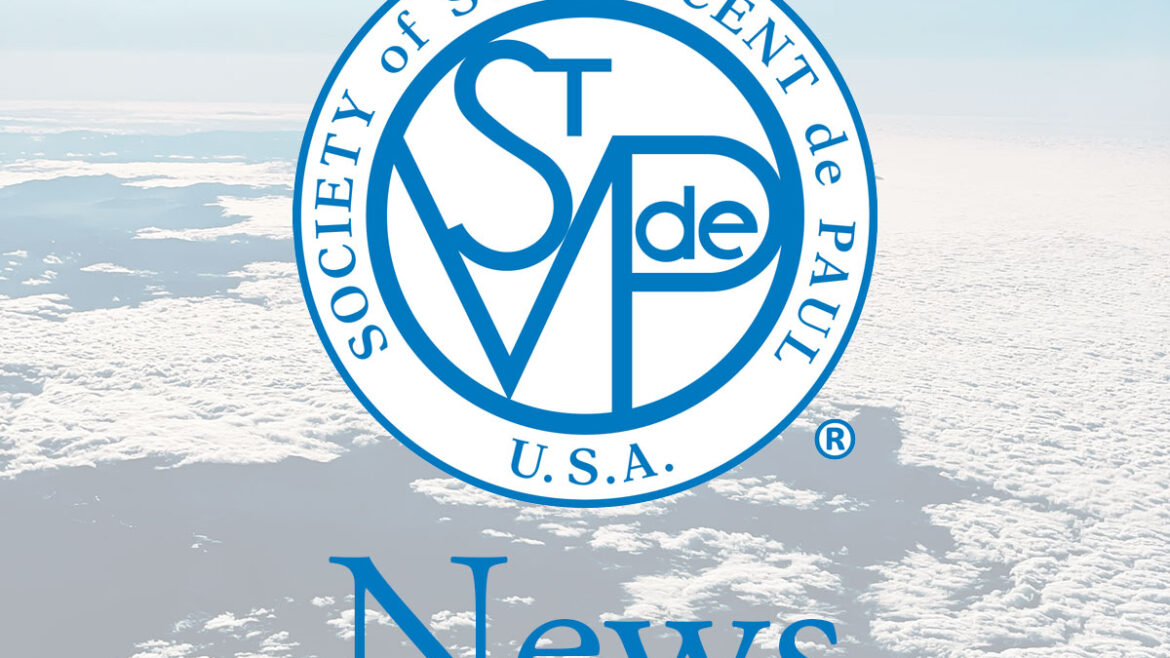Mobile Messaging Terms and Conditions
Last updated: September 13, 2022
The National Council of the U.S., Society of St. Vincent de Paul® operates an SMS program subject to these SMS Terms and Conditions. The SMS program and our collection and use of your personal information is also subject to our Privacy Policy. By enrolling, signing up, or otherwise agreeing to participate in the SMS program, you accept and agree to these SMS Terms and our Privacy Policy.
- Program Description: We may send promotional and transactional mobile messages in various formats through the SMS program. Promotional messages advertise and promote our products and services and may include promotions, specials, other marketing offers, and abandoned checkout reminders. Transactional messages relate to an existing or ongoing transaction and may include order notifications and updates, appointment reminders, and other transaction-related information. Mobile messages may be sent using an automated technology, including an autodialer, automated system, or automatic telephone dialing system. Message frequency will vary, but will not exceed 10 messages per month. You agree that we, our affiliates, and any third-party service providers may send you messages regarding the foregoing topics or any topic and that such messages and/or calls may be made or placed using different telephone numbers or short codes. We do not charge for mobile messages sent through the SMS program, but you are responsible for any message and data rates imposed by your mobile provider, as standard data and message rates may apply for SMS and MMS alerts.
- User Opt-In: By providing your mobile phone number to us, you are voluntarily opting in to the SMS program and you agree to receive recurring mobile messages from us at the mobile phone number associated with your opt-in, even if such number is registered on any state or federal “Do Not Call” list. You agree that any mobile phone number you provide to us is a valid mobile phone number of which you are the owner or authorized user. If you change your mobile phone number or are no longer the owner or authorized user of the mobile phone number, you agree to promptly notify us at (314) 576-3993. Your participation in the SMS program is not required to make any purchase from us and your participation in the SMS program is completely voluntary.
- User Opt-Out and Support: You may opt-out of the SMS program at any time. If you wish to optout of the SMS program and stop receiving mobile messages from us, or you no longer agree to these Mobile Messaging Terms, reply STOP, QUIT, CANCEL, OPT-OUT, and/or UNSUBSCRIBE to any mobile message from us. You may continue to receive text messages for a short period while we process your request and you may receive a one-time opt-out confirmation message. You understand and agree that the foregoing is the only reasonable method of opting out. For support, reply HELP to any mobile message from us. Our mobile messaging platform may not recognize requests that modify the foregoing commands, and you agree that we and our service providers will not be liable for failing to honor requests that do not comply with the requirements in these Mobile Messaging Terms. We may also change the telephone number or short code we use to operate the SMS program and we will notify you of any such change. You acknowledge that any requests sent to a telephone number or short code that has been changed may not be received by us and we will not be responsible for failing to honor a request sent to a telephone number or short code that has been changed.
- Disclaimer of Warranty and Liability: The SMS program is offered on an “as-is” basis and may not be available in all areas, at all times, or on all mobile providers. You agree that neither we nor our service providers will be liable for any failed, delayed, or misdirected delivery of any mobile message or information sent through the SMS program.
- Modifications: We may modify or cancel the SMS program or any of its features at any time, with or without notice. To the extent permitted by applicable law, we may also modify these Mobile Messaging Terms at any time. Any such modification will take effect when it is posted to our website. You agree to review these Mobile Messaging Terms periodically to ensure that you are aware of any modifications. Your continued participation in the Program will constitute your acceptance of those modifications.

